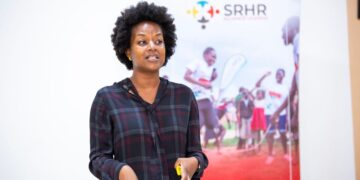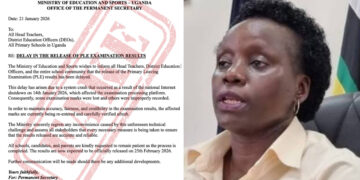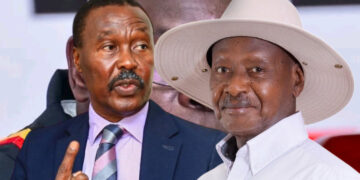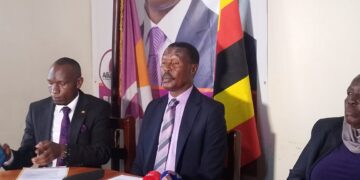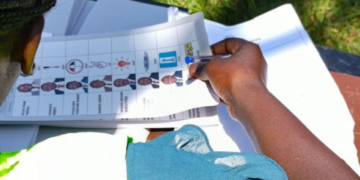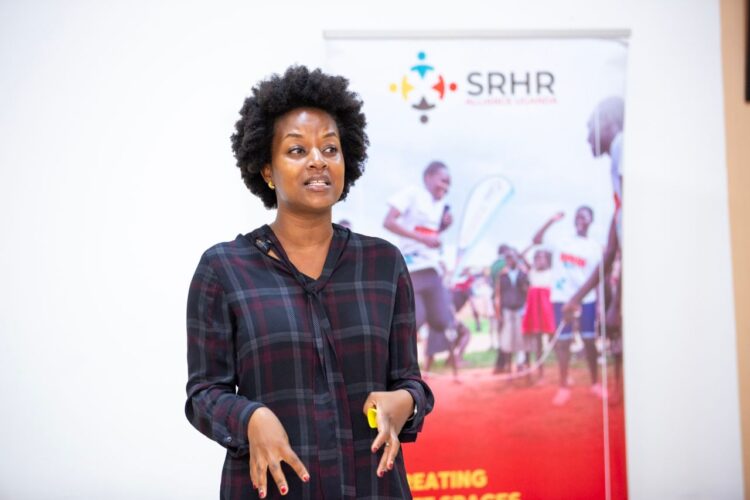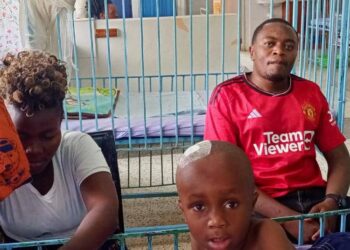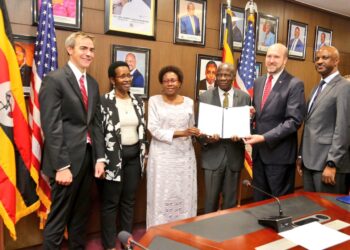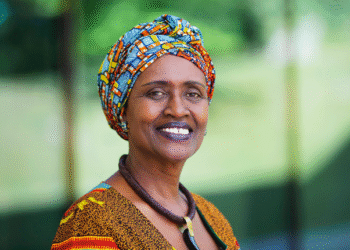By Leonard Kamugisha Akida,
KAMPALA
In light of the recent suspension of US foreign aid funding, Health advocates have called on the government to prioritize crucial health programs, including HIV/AIDS prevention and Sexual Reproductive Health and Rights (SRHR) programs.
During his inauguration on January 20, 2025, President Donald Trump announced a 90-day suspension of U.S. foreign aid to evaluate its effectiveness and alignment with U.S. foreign policy. Trump’s executive order has affected foreign countries, Non-governmental Organizations, International Organizations and contractors relying on US aid, and sparked debate on Africa’s capacity to financing its own budgets.
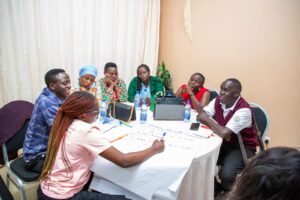
Ronnie Tusingwire, the Programs and Capacity Development Coordinator at SRHR Alliance Uganda, says many NGOs were not prepared for this order and we’re caught unaware something which impacts their operations. She emphasized that Uganda and other African governments have the potential to finance their own health systems if they prioritize health issues in budget allocations.
“The suspension of USAID activities globally is a wake-up call for African governments to stop over-relying on donor funding,” Tusingwire said arguing that Uganda has sufficient resources but lacks the right priorities.
“A lot of people say we don’t have money, but we do. The issue is where we choose to allocate it. If more priority were given to HIV/AIDS prevention and SRHR programs, funds would be directed there, and we wouldn’t be facing these challenges,” she noted.
Tusingwire made these remarks while addressing journalists at a training on the legal framework governing maternal health in Uganda held at Eureka Palace Hotel in Kampala on Wednesday. She warned that failing to prioritize health issues exposes the country to risks, such as the sudden impact of the US aid freeze.
“When you examine the Ministry of Health budget, 80% of the HIV prevention funding comes from donors, particularly PEPFAR. That’s catastrophic,” she said.
She added that the USAID suspension has severely affected people living with HIV and urged the government to take responsibility for funding critical health services instead of depending on foreign aid.
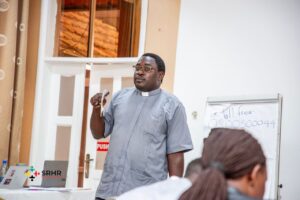
During the training, experts highlighted several challenges facing SRHR efforts, including misinformation, limited access to services, and a lack of awareness about policies and laws—especially concerning abortion and post-abortion care.
Rev. Nathan Mugalu, an Anglican priest at Namirembe and Director of the Transformation Mentorship Bureau, stressed that advocating for SRHR should be a shared responsibility.
“Abortion cases don’t start in hospitals; they start in our communities. A sociological approach can help address this issue. Everyone has a role to play—it’s not just the lawyers,” Mugalu stated.
He also emphasized the importance of communication and religious integration in SRHR discussions, urging religious leaders to engage in constructive conversations about reproductive health.
